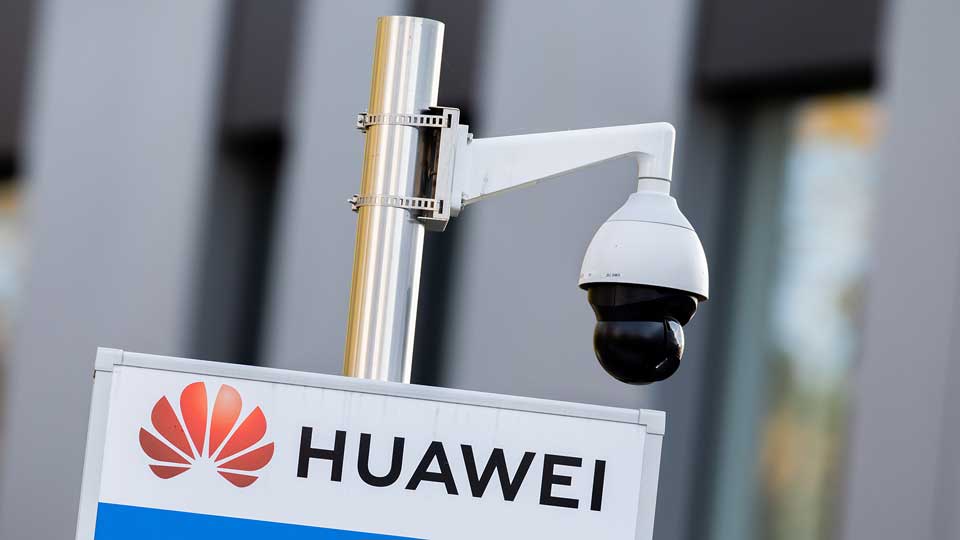What’s behind the US-China tension?
The US has become increasingly concerned about China’s capabilities on the technology front. A 500-page report from the US-China Economic and Security Review Commission warns that China’s 5G technologies and Internet of Things capabilities are becoming a national security and economic threat.
The report says US data can be exposed through insecure IoT devices, or when Chinese IoT products and services send US customers' data back to China. In fact, it’s estimated that by 2020, 95 percent of all IoT devices will be manufactured in China, enabling the country to become the global leader in the field.
China’s use of the so-called “sharp power” has been a wakeup call for many Americans. Whether it’s Chinese money flowing into the US entertainment business, or to Washington think tanks, people have become increasingly conscious of the presence of China’s "soft power" over the past decade. The spread of the Chinese learning centers run by the Confucius Institute in the US has alarmed policymakers on the Hill.
American businesses have become cooler toward China since the second half of the Obama administration. In the past, when US-China tension began heating up, it was corporate lobbying that stopped the White House and the Hill from going even further. But now, many have become dubious about how they can be profitable in China with stricter regulations and more data protectionism.

What we need to worry about
The International Monetary Fund has just downgraded its global economic growth forecast on the back of uncertainties stemming from trade tensions and geopolitical risks. IMF economists predict that global growth will be only 3 percent -- the lowest in a decade. They also predict that China’s growth will decelerate to 5.8 percent next year. Both global exports and production are slowing.
Concerns are growing on the US move to strengthen export controls and restrict foreign investment. Japan and other third-party countries are beginning to fear the impact of the Export Control Reform Act of 2018 (ECRA) and the Foreign Investment Risk Review Modernization Act (FIRRMA).
The revised export controls can regulate foreign transfers of commodities, software, or technology, regardless of any US content -- even if it’s still an emerging technology. In terms of foreign investment, the Committee on Foreign Investment in the United States examined only cases where foreign firms will have major control over US tech firms. But now, FIRRMA allows the CFIUS to review any contribution to a US critical technology firm, regardless of whether the transaction results in only a minor investment in the US business.
As some US policymakers push for a US-China decoupling, the global value chain may not remain as it is now. The losers in the US-China battle may be consumers around the world. We may no longer be able to enjoy the fruit of globalism as seen in low price tags.
How should other countries get through this?
Continuing to fight protectionism and promoting free trade is a role that countries, especially Japan, need to play. In order to do that, Japan and other US allies need to unite. Expanding the membership of the CPTPP (the new Trans-Pacific Partnership Agreement) is a viable option.
Experts point out that, practically speaking, it’s also important to thrash out with US authorities the details of their revised export controls. Many worry about the possibility that another scandal like the Toshiba CoCom affair that hit the Japanese electronics maker during the Cold War, could occur again.
Many Japanese business leaders that I talked to have told me that because there are so many unpredictable factors in the US-China relationship, it’s better to sit back, take a breath and think of a longer-term management strategy, rather than feeling uncomfortable on the current roller-coaster ride.

